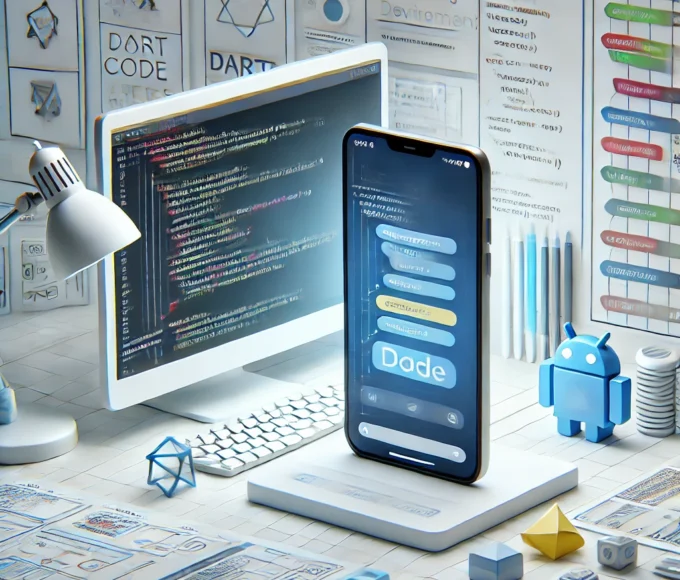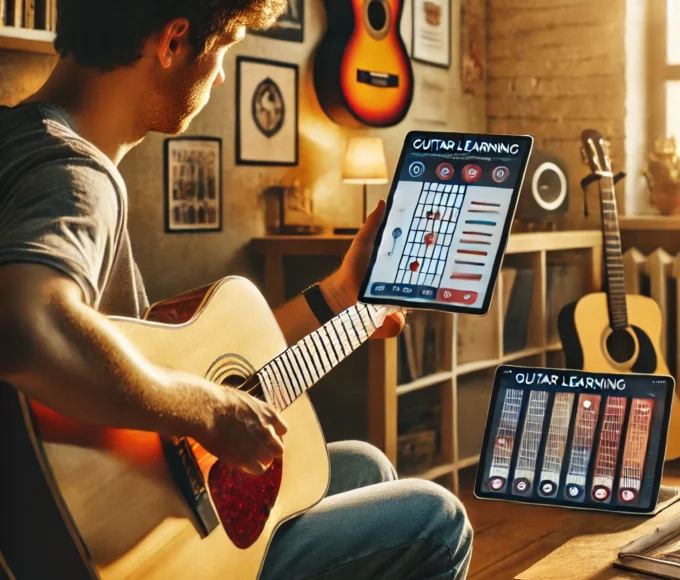In an increasingly digitized world, our mobile devices have become extensions of ourselves, storing a significant amount of personal and confidential information. However, with this convenience comes concerns about the privacy and security of our data. Here are some essential tips for protecting your privacy on your cell phone:
1. Update Regularly
Keep your operating system and applications always up to date. Frequent updates often include security fixes that protect against known vulnerabilities. Setting up automatic updates can help ensure your device is always protected.
2. Use Strong Passwords and Multi-Factor Authentication
Protect your device with strong passwords and use multi-factor authentication whenever possible. This adds an extra layer of security by requiring a second form of authentication, such as a code sent to your phone, to access your accounts.
3. Manage your App Permissions
Review and manage app permissions regularly. Limit the access apps have to your personal data, such as location, contacts and photos. Revoke permissions from apps that don't need them to function properly.
4. Use VPNs on Public Networks
When using public Wi-Fi networks, such as in cafes, airports or hotels, protect your data with a VPN (Virtual Private Network). A VPN encrypts your connection, making it harder for hackers to intercept your data.
5. Disable Location Tracking
Disable location tracking whenever possible, especially for apps that don't need it to work. This helps protect your privacy and prevents apps from collecting location data without your knowledge.
6. Review your Privacy Settings
Explore the privacy settings of your device and the apps you use. Configure your privacy preferences according to your needs and comfort, opting for stricter settings whenever possible.
7. Backup Securely
Make regular backups of your data, but make sure the backups are stored securely. Use cloud storage services with strong encryption and secure authentication to protect your data from unauthorized access.
8. Be Cautious with Links and Downloads
Avoid clicking on suspicious links or downloading applications from untrustworthy sources. This can expose your device to malware and spyware, compromising your privacy and security.
9. Use Privacy Apps
Consider using privacy apps that offer additional protection features, such as app locking, photo hiding, and message encryption.
10. Continuously Educate Yourself
Stay informed about online security and privacy best practices. Continuing education is key to protecting yourself against ever-evolving digital threats.
Protecting your privacy on your cell phone is essential in a digitized world. By following these tips and taking a proactive approach to digital security, you can ensure your personal data remains secure and your privacy is preserved. Always remember: privacy is a fundamental right, and it is up to each of us to protect it.







